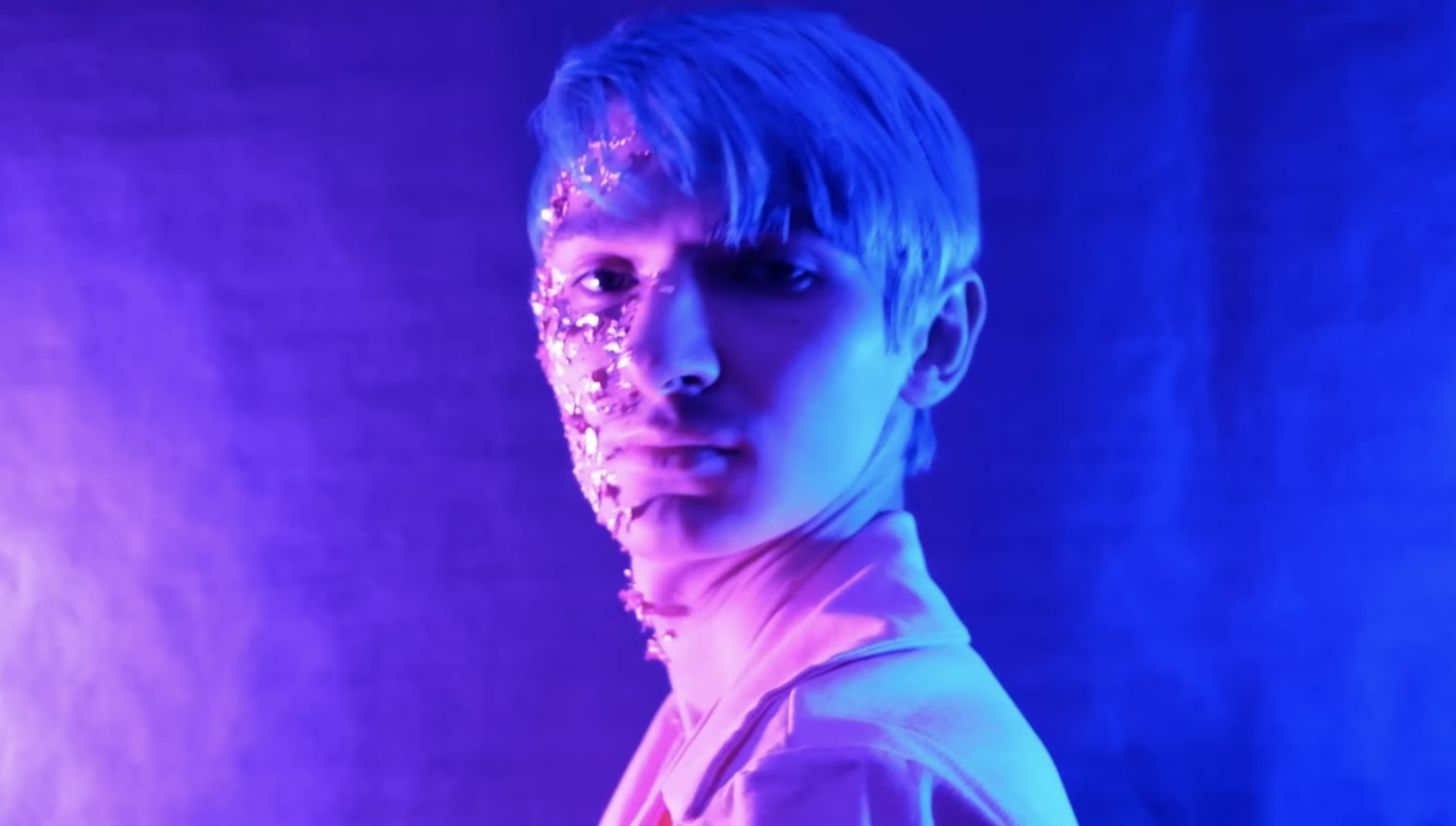
News
Summers Will Not Finish Semester of Teaching as Harvard Investigates Epstein Ties

News
Harvard College Students Report Favoring Divestment from Israel in HUA Survey

News
‘He Should Resign’: Harvard Undergrads Take Hard Line Against Summers Over Epstein Scandal

News
Harvard To Launch New Investigation Into Epstein’s Ties to Summers, Other University Affiliates

News
Harvard Students To Vote on Divestment From Israel in Inaugural HUA Election Survey
Harvard Dance Project: A Virtual Premiere to Life-Changing Performances

Creating art collaboratively is more difficult now than ever before. Despite the obstacles, the Harvard Dance Project launched its digital archive on April 15 consisting of month-long access to debuting performances, this time in a virtual format instead of a live premiere.
The project was co-created by Mary Galstian ’22, Camryn D. Jones ’22, Anne J. Lheem ’21, Grace T. Western ’21, and Lauren Xu ’24 and facilitated by professor Laura B. Rodriguez (LROD) and Daniel P. Rivera ‘20. It is the culmination of a semester of design, research, and filming, all reimagined for a virtual landscape.
With the HDP, Professor LROD seeks to show that dance is more than just moving around. “It is movement, and it is embodied, but it is from sources and research, and it's grounded in that, so it comes from a place that's a little bit different than just moving from technique or thinking just only about line and form,” she said. At this level of research and art, there is a significant problem with underrepresentation of women and minorities. “And when we think of the visibility of women choreographers, there are not many,” Professor LROD said.
Galstian emphasizes that HDP is a unique opportunity to share her personal perspective and feelings. “For my project personally, it's about the Armenian genocide, and also the connection with the recent war that happened in the Artsakh region that around the world is known as Nagorno-Karabakh,” she said.
HDP’s ambitious and varied goals, including “decolonial performance and dance studies, race and gender studies, identity politics, artivism, and social justice,” point to the ambition and variety of the co-creators and their work. “I think that you can see, as the archive grows and continues on through this month, that students have taken different approaches to that work,” Rivera said.
For Jones, the HDP and the resources it provided were more than just a chance to explore her interest in the intersection of dance and mathematics — it provided her an opportunity to create a matrices-based program that would help others express themselves. Her program randomly generates numbers that can be assigned to dance steps and used to create choreography. “I wanted to create a space for people who are less creative or have less of a creative mindset, allow them to enter the space and use their own skill set and their strong suit to still be able to create something that is, in my opinion, very creative,” she said.
She hopes her project will serve as an inspiration for dancers, especially young Black women. “I think it's really important to showcase who I am and give them inspiration for the future and encourage them to also participate in this field, because we're definitely moving in a direction of lots more inclusivity and equity than in the past, and I think that's fantastic,” Jones said.
Xu’s project shares the same key word — exploration — and the same individuality, focusing on a Yin and Yang-inspired internal fight. “I ended up combining martial arts with ballet with a little bit of contemporary and also a little bit of K-Pop and Mandopop influences.”
But her performance is more than a deep dive into identity and culture. It’s a reflection of Xu’s own goals and inspirations. While not explicitly a response to the recently-aggravated racism against members of the Asian American community, it was nevertheless influenced by current events.
“Everything you take in, everything I've been consuming in terms of art and also what's going on in the world, right now also sort of indirectly seeps its way into the dance,” Xu said. “A lot has impacted me and sort of like bringing that story into the picture, so that maybe people can see it, and maybe people can resonate with it, or maybe it can motivate people,” she said.
Dance might not be the first thing that comes to mind when thinking about research and tackling societal issues, but the Harvard Dance Project does just that — providing a platform to often-unheard, underrepresented voices and contributing important work to the world of art.
Want to keep up with breaking news? Subscribe to our email newsletter.
